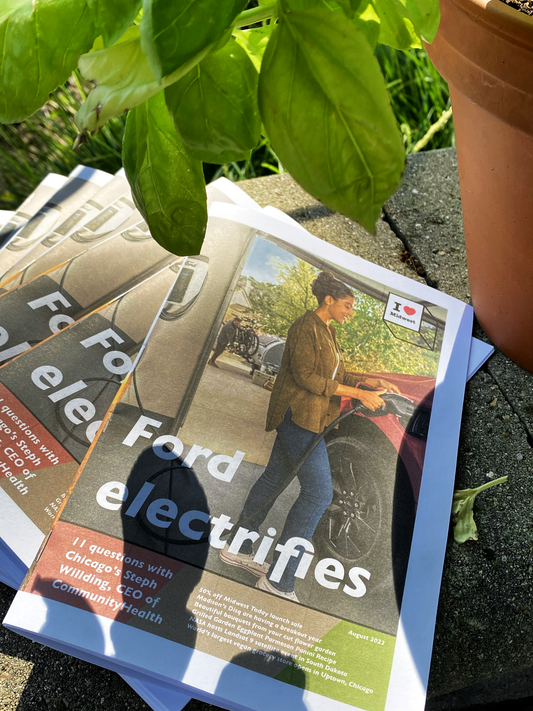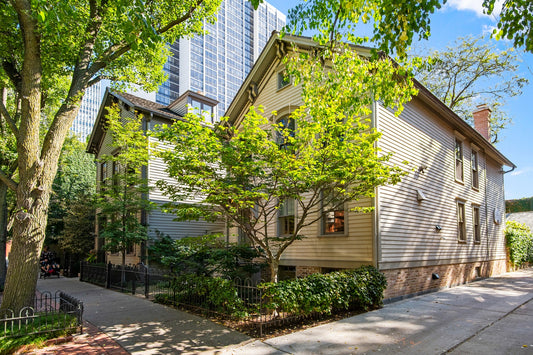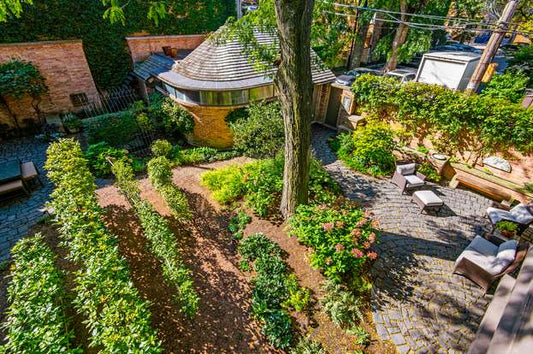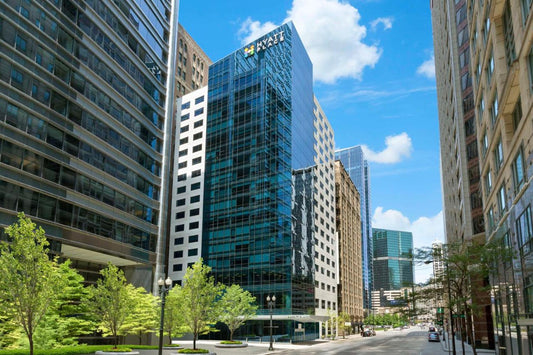WINFRED, SD – As the curtains were unveiled on South Dakota's pioneering industrial hemp processing center, Complete Hemp Processing, the future of hemp in the state gleamed brighter than ever. With over two centuries of use, the hemp plant, lauded for its strong natural fibers and nutritional value, is marking its return as an industrial crop in the United States.
Spanning three days from August 3-5, the grand opening saw the exchange of insights on hemp's potential applications ranging from food, feed, and farming to automotive and building materials. About 200 attendees comprising farming neighbors and visitors from across the country were present.
Siblings Ken, JB Meyer, and Melissa Shipley of A.H. Meyer & Sons, a fourth-generation South Dakota family-owned honey and beeswax processing venture, have ushered in this new era of industrial hemp processing. Situated in Winfred, SD, the facility aims to be at the heart of South Dakota's burgeoning hemp industry.
"We want farmers in the area to know we are here," affirmed Ken Meyer, emphasizing the facility’s readiness to process local hemp harvests. The company, already in partnership with local farmers, is geared up to process 1,600 acres of harvested hemp in the following harvest season.
Despite being new entrants to the field, these processors are looking at the bigger picture. Rather than competitors, they view themselves as collaborators. Ken Meyer remarked, "We need at least another two processors in South Dakota to continue to keep up with farmers growing hemp."
With the 2018 Farm Bill legitimizing industrial hemp after an 80-year prohibition, the stage was set. The 2023-24 Farm Bill promises further easing, potentially reducing fees and restrictions for hemp cultivation, particularly for grain and fiber.
On the construction front, hemp-lime building materials showcased their potential at the event. Ray Kaderli, the president of the US Hemp Building Association, demonstrated the efficacy of "hempcrete" in building. He emphasized that hemp-based construction materials are eco-friendly alternatives that can significantly reduce the construction industry's carbon footprint.
Corbett Hefner, from Formation Ag and Global Fiber Processing, introduced a novel hemp cinderblock, a development initiative from the University of Nebraska-Lincoln. He highlighted the enormous potential of this market which could necessitate the planting of hundreds of thousands of acres of hemp.
Keynote speaker Roger Gussiaas from Healthy Oil Seeds called out to farmers, expressing his intention to buy their grain hemp. “I'd love to work with any of you that want to grow hemp for grain," he declared.
As Andrew Bish from Bish Enterprises pointed out, the challenge now is scaling and bringing hemp prices down to compete with other commodities. His assertion was clear: "The challenges really are regulatory. We can't produce enough fiber and hurd to make that market really sustainable.”
The automotive sector also has its eyes on hemp. Frederick Cawthon, president of the Hemp Alliance of Tennessee, spotlighted the European automotive industry's reliance on hemp fibers for car parts. He expressed, “There’s no reason we should not be producing that here ... and we’re just talking about one segment, automotive."
With its vast applications and an evident collaborative spirit among industry players, South Dakota stands at the cusp of a hemp revolution. As Morris Beegle, founder of We Are for Better Alternatives, insightfully summed up, “This extraordinary plant, long misunderstood and underutilized, possesses the power to revolutionize our industries."















